McDonald’s has reintroduced bagels in California, possibly in response to the state’s new $20 minimum wage for fast-food workers.
Bloomberg suggests that reintroducing bagels is a strategic move within a broader effort by McDonald’s to address the financial implications of wage increases.
Meet the “Rise and Dominate” Team
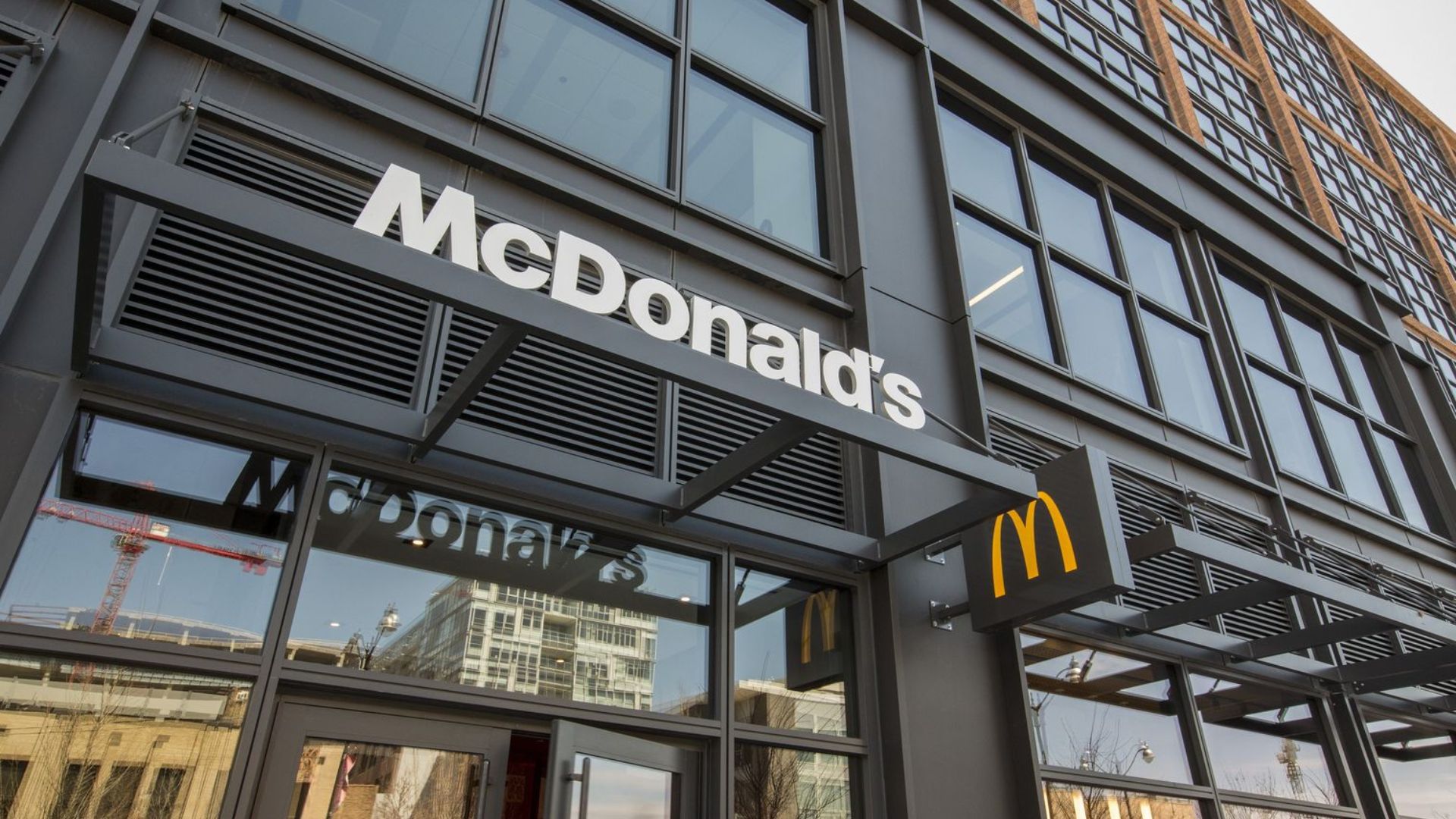
Bloomberg reports that following the wage increase, McDonald’s has assembled a special task force named “Rise and Dominate.”
Their mission is to craft strategies that will absorb the higher wage costs, with bagels being reintroduced as a crucial component of this initiative.
Aiming to Draw Crowds
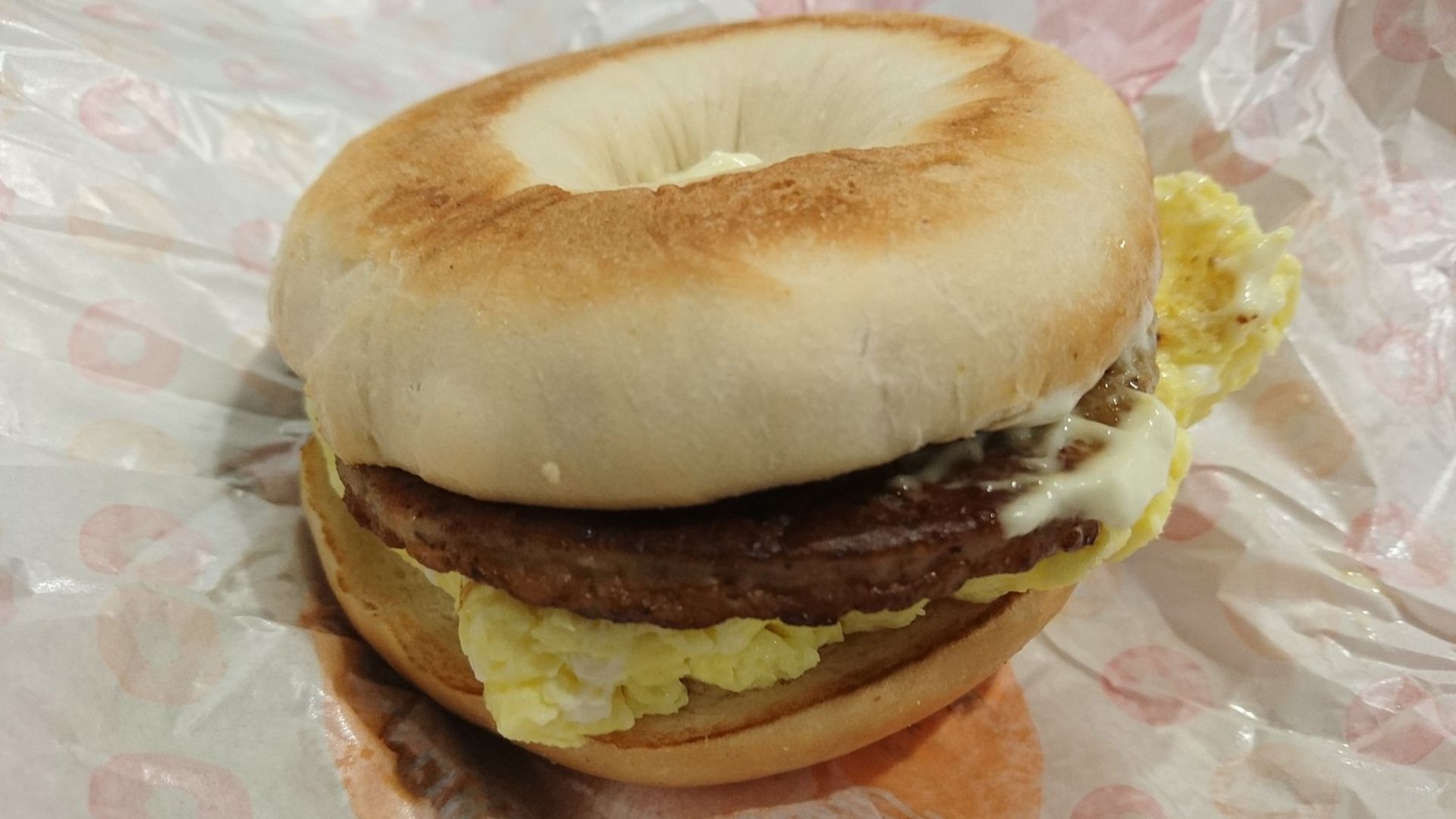
McDonald’s aims to boost visitor numbers across its California locations with the reintroduction of bagel breakfast sandwiches.
The company believes these beloved items will draw more customers and help sustain profitability despite the wage hikes.
A Blast from the Past
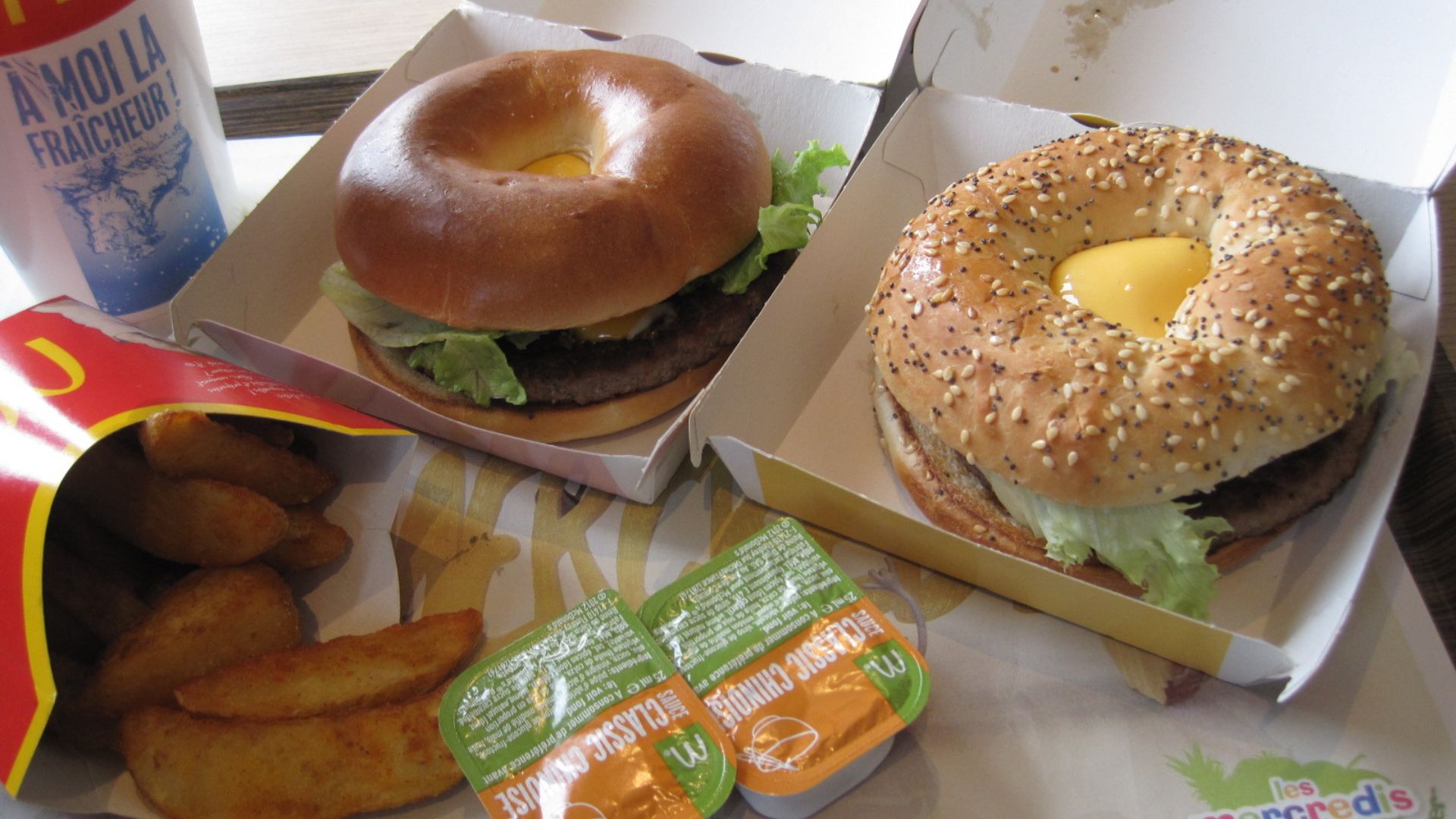
Introduced in 1999, McDonald’s breakfast bagels delighted customers with their tasty combination of egg and protein until their removal from the menu in 2020.
Now, they are making a return, rekindling old favorites after several years.
Big Bucks in Advertising
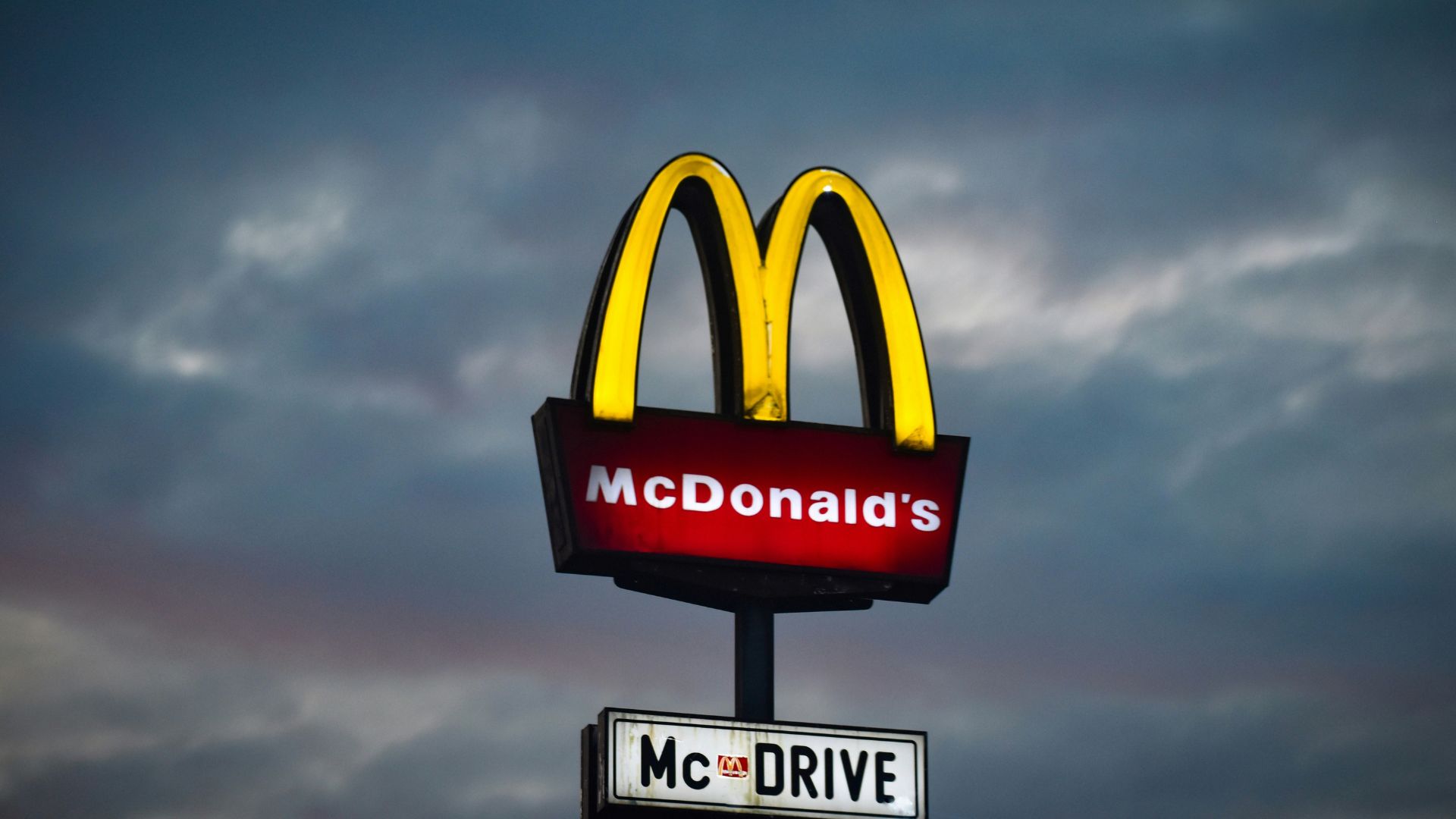
McDonald’s is investing $15 million in advertising in California, highlighting the significant challenges posed by the wage increase.
This major investment in state-specific marketing illustrates the strategic shifts McDonald’s is implementing in the Golden State.
United for a Common Cause
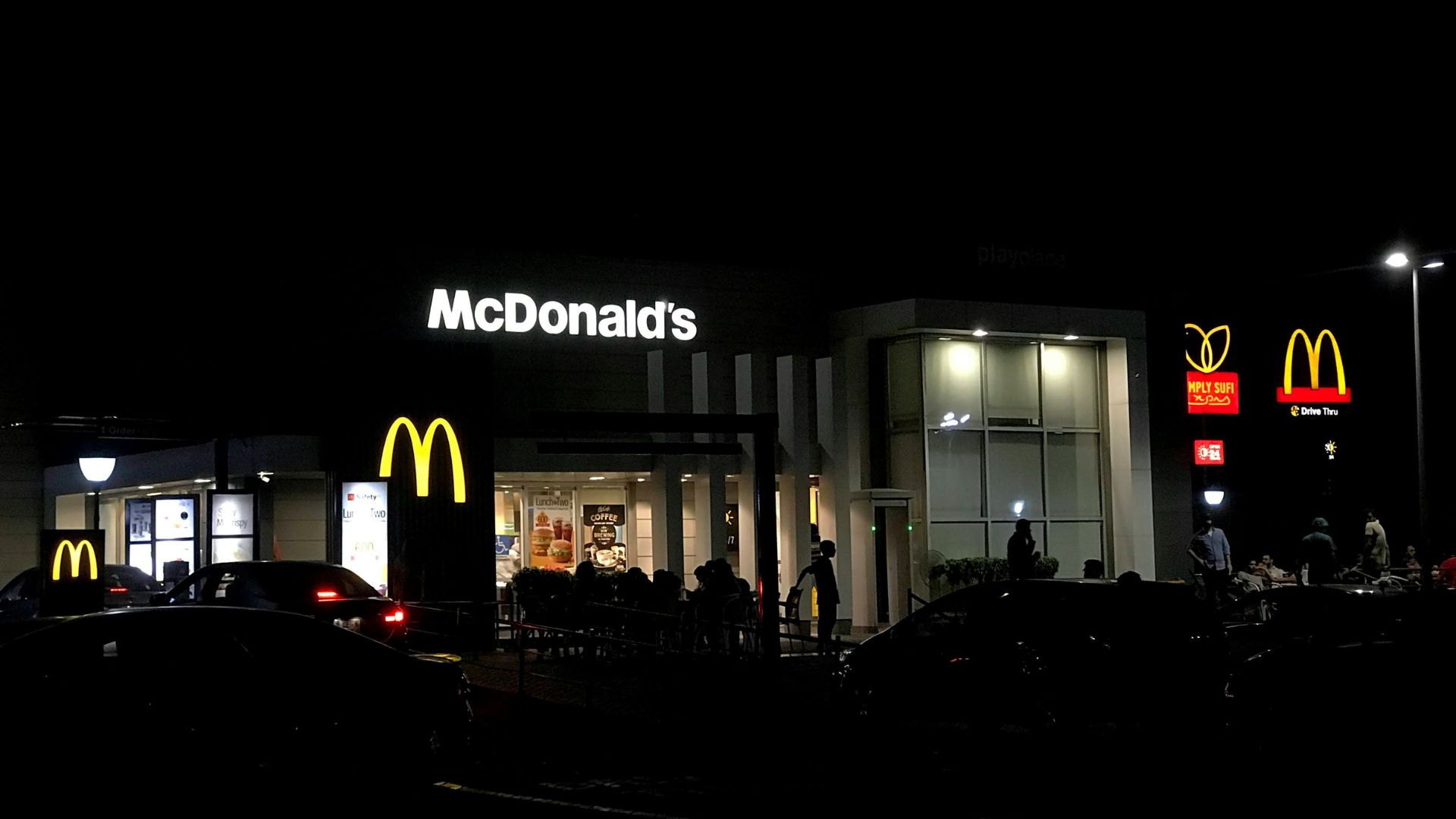
McDonald’s revealed their proactive strategy in a statement to The New York Post: “In response to California legislation, McDonald’s stood up a dedicated team of staff and franchisees to co-invest and work collaboratively on an action plan to help operators drive sales, grow share and increase restaurant profitability.”
This unified effort is crucial to navigate through economic hurdles.
Global Insights for Local Strategies

McDonald’s is leveraging successful tactics from global markets to manage wage increases.
The company is focused on deploying innovative, sustainable solutions that ensure long-term prosperity and continued service to stakeholders.
The Costly Side of Compliance
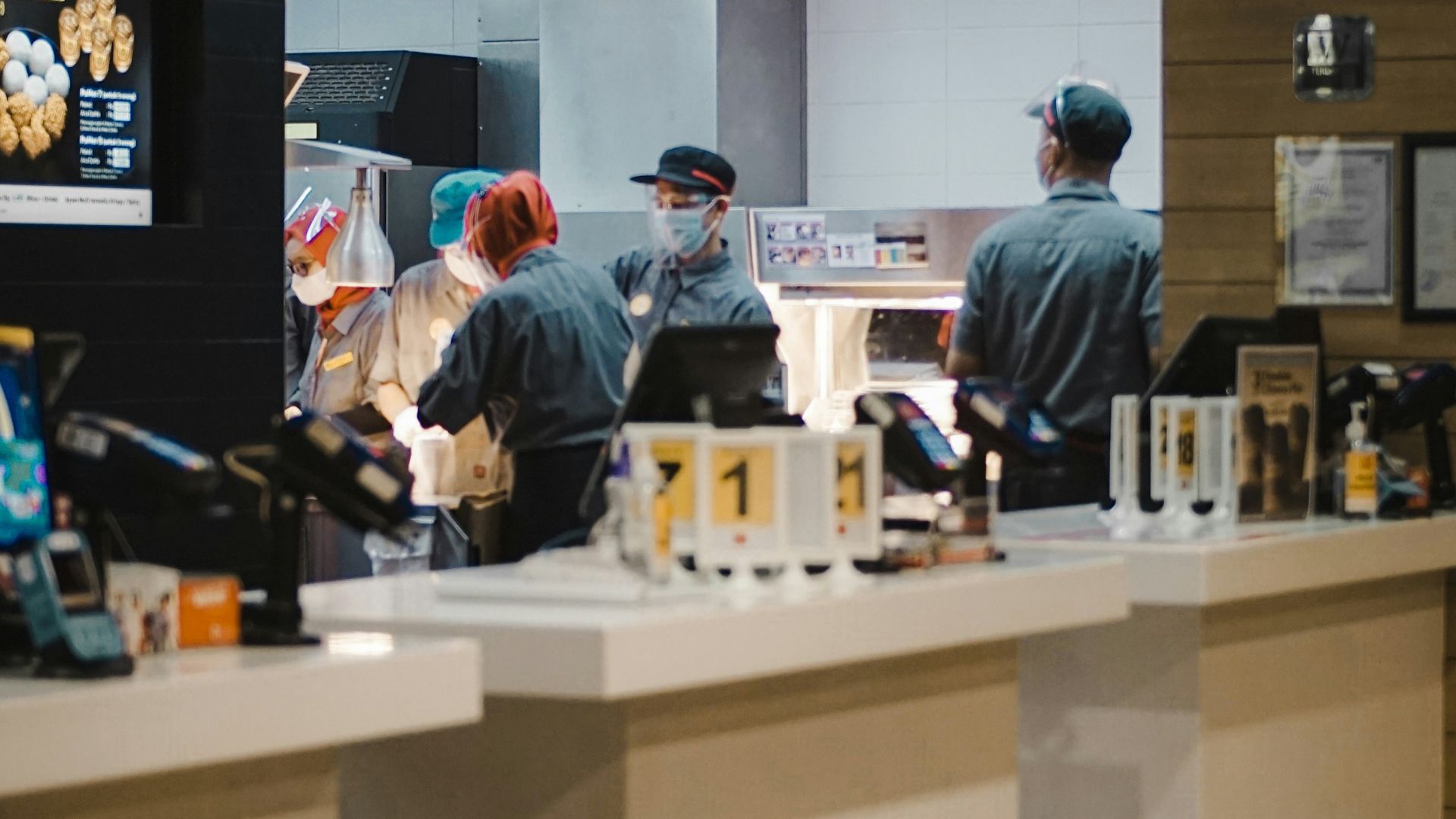
A franchisee group disclosed to Bloomberg the severe impact of the wage increase, describing it as a “devastating financial blow” and estimating an additional cost of $250,000 per location.
This significant increase in operating expenses is a major concern for franchisees across the state.
A Law with Wide Reach

The wage law, AB-1228, affects fast-food chains with more than 60 locations nationwide, including industry giants like Starbucks and Pizza Hut.
The new law aims to improve worker conditions but carries significant financial implications for affected businesses.
Pricing Dilemma

Franchisees, who operate about 95% of McDonald’s outlets in the U.S. and set their own prices, are worried that raising prices to cover higher wages might result in losing customers.
Balancing operational sustainability with competitive pricing is a delicate task.
Bagels as a Business Strategy
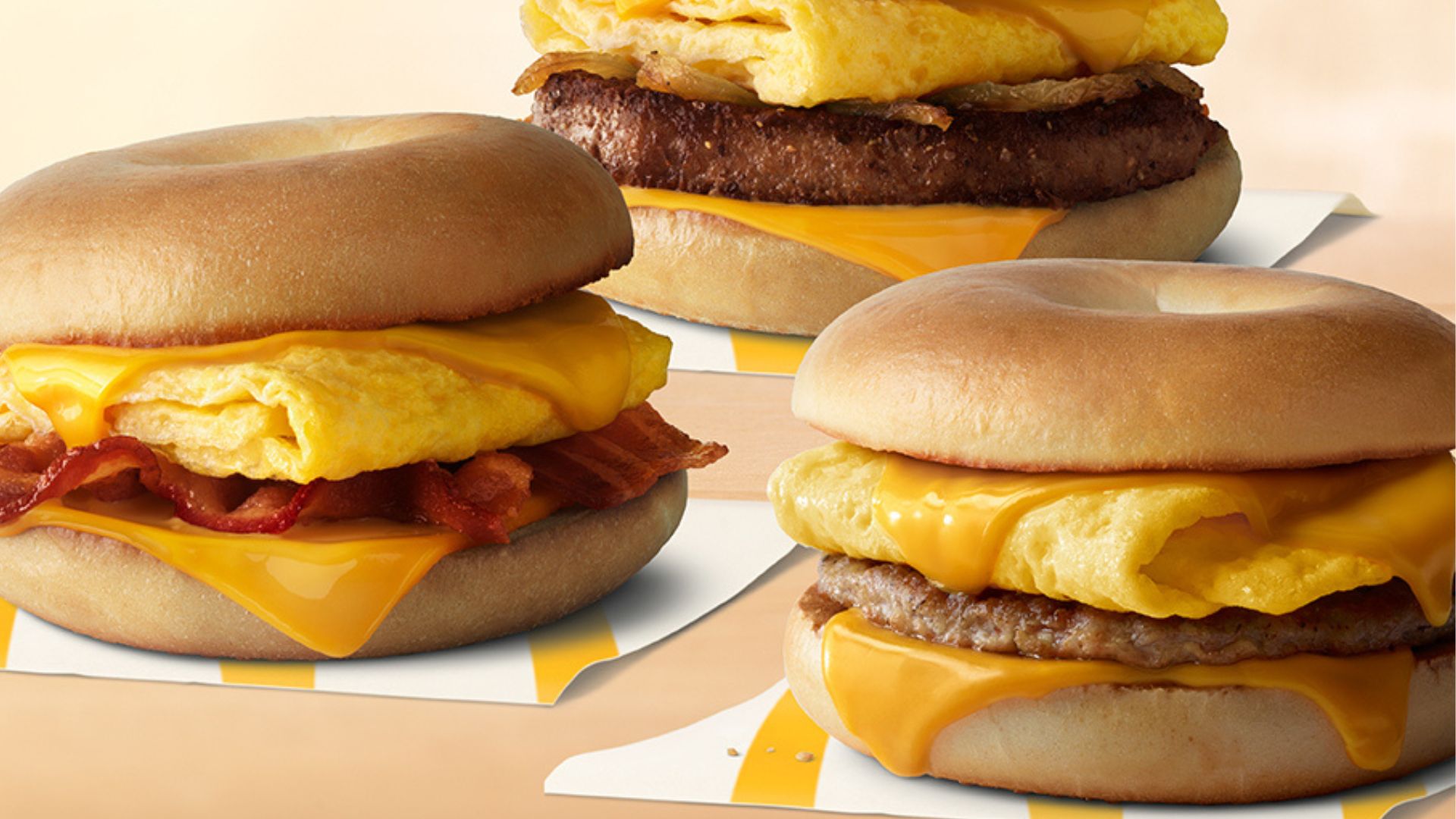
McDonald’s USA stated, “Reintroducing Bagel Sandwiches, a longtime fan-favorite, earlier this year is an example of one traffic-driving lever we’re pulling in California.”
This strategy is designed to attract more customers and manage the economic impact of the wage increase effectively.
Bagels Beyond California
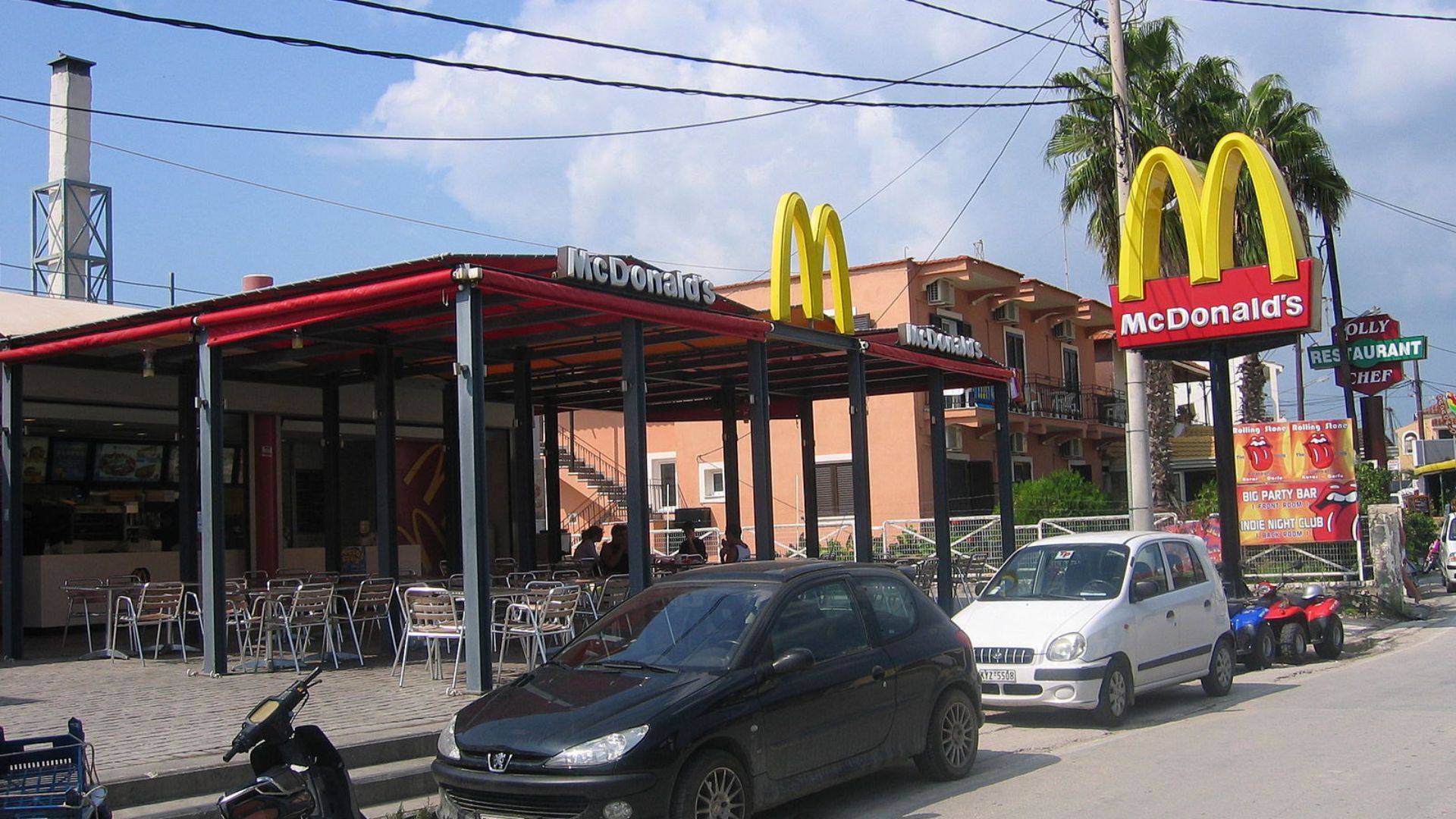
Although the wage increase is specific to California, the demand for bagels has prompted their availability at McDonald’s locations nationwide.
The online menu features various bagel options, from California to New York, reflecting strong customer demand for these breakfast items.
